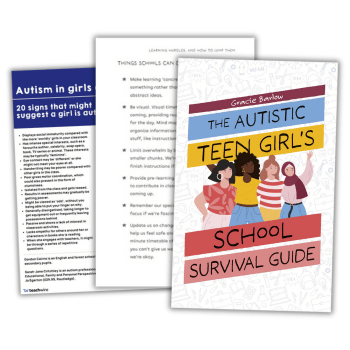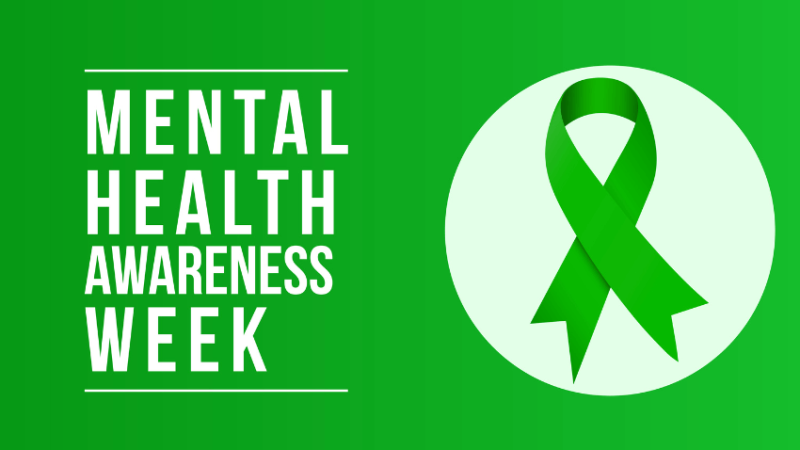All Staff Need To Be Professionally Trained To Support Children’s Mental Health

We need to know our students a little better, says John Tomsett

- by John Tomsett

We know that local authority resources are dwindling. Child and adolescent mental health services (CAMHS) are shrinking. School funding cuts are biting sharply.
As the gaps in provision for children suffering mental health problems appear in front of us like sinkholes, the instinct is to try to fill them, but I’m not sure that it is the right thing to do.
Instead, we have to accept a certain level of responsibility for being the solution to the problem, demonstrating huge generosity of spirit for the good of our students by working co-operatively with other agencies.
I am wholly convinced that we can turn the growing tide of mental health problems in our young people. We need a concerted effort on many fronts – political, parental, cultural, medical, educational – because this is a complex ‘multi-factorial’ issue.
What I am concerned with, however, is education and what contribution those of us working in it can make to support our young people.
First and foremost we are educators and we must teach our students as well as we possibly can. That means an unerring focus on improving the quality of teaching support, informed by the best evidence available about what enables students to learn most effectively.
Secondly, what students want from us is quite simple really and is encapsulated in Justin Tarte’s ‘Ten things students want educators to know’. Students want:
1. You to spend time to get to know them 2. To have a voice in the learning process and share their way of doing things 3. To be treated with respect and dignity 4. To be appropriately challenged with meaningful and relevant learning experiences 5. Educators to know that they have bad and off days 6. Their interests and passions to be infused into the learning that occurs in the classroom 7. Educators to be truthful and honest 8. To be partners with you when it comes to the learning process 9. To know the work they are doing and the time they are committing to school will make a difference in the world 10. To know their existence matters and that they are important
Ultimately, our raw material is flesh and bone, not wood and steel. Brilliant teaching is not quite enough on its own.
York’s school wellbeing workers service is an exciting initiative. The partnership between the local authority, CAMHS and all York schools will need careful nurturing, but I am sure that it will prove resilient if it is led with openness and trust.
We have a physical health and a mental health, and being cognisant of this much ignored fact is an important step in supporting students.
On the frontline we have decided that every single adult at Huntington School needs to be professionally trained in supporting the mental health of our children – not a trained counsellor; rather, we should be able to have a guided conversation with students which enables them to discuss their feelings. Often, that is all a young person needs.
We just need to be more curious. We need to know our students a little bit better. Such early intervention mental health first aid is crucial to preventing students’ mental health problems from escalating.
The aggregation of the marginal gains of every adult’s enhanced ability to relate more effectively to the children in their care will go a long way to remedying the mental health problems of our young people.
If that basic front line intervention does not help, then we will have a small number of well-trained pastoral staff who, advised by the school wellbeing worker, will provide students with two or three more specialist interventions – whose efficacy is evidence based.
Trending
If, in time, that proves insufficient, the school wellbeing worker will shape a referral to CAMHS, clear in the knowledge that it is genuinely warranted and the school has done all it can to prevent it.
By 2020, we will have forged a third way which recognises that, on the one hand, the best form of pastoral care for our students is a good set of examination results, but on the other, builds a culture which supports students’ mental health and where expert therapeutic intervention is readily available for our most vulnerable students.
This process will equip our students with the psychological tools to make sense of our increasingly complex world for themselves. Our metrics for success are simple:
1. School staff will have increased knowledge and confidence in supporting children with emotional and mental health issues
2. Children are identified early and supported effectively within school to prevent needs and the requirement for specialist intervention increasing, where appropriate 3. Increasing numbers of children feel more able to cope with emotional and mental health issues within a school setting Our overarching metric is an improvement in the mental health of the children and young people in York. While our metrics might be simple, measuring them is a real challenge. We are working with higher education colleagues to ensure that York’s school wellbeing worker service is evaluated effectively to ensure that we know, as well as we can, whether the £1 million allocated to the project is funding well spent.
The Time To Deliver report from the Independent Commission on Children and Young People’s Mental Health is a call to arms for all of us who work with young people.
What is reassuring is that our school wellbeing workers service meets all aspects of the report’s proposal for the effective support for children’s mental health.
The author, Emily Frith, makes it clear that effective mental health provision in schools ‘is not about replacing support that should be offered by the health system: teachers are not, and should not be, mental health specialists.
The point is to recognise the influence of schools on young people’s wellbeing, such as through the school ethos and policies; building young people’s resilience, including ensuring a strong pupil voice within the school; addressing social and emotional wellbeing within the curriculum; supporting staff wellbeing; identifying those who may need further support; being aware of and supported by clear referral routes to targeted and specialist services and acting as system partners with the NHS to ensure a joined up approach.’ Tick, tick, tick, tick, tick…
I hope that our school wellbeing worker will spread confidence throughout the school, and the culture will encourage students to take greater responsibility for their own wellbeing.
When the school wellbeing worker funding expires in 2020, the assuredness which will be coursing through the lifeblood of our school will mean that we will have grown the cultural resilience to have turned the children’s mental health tide.
And we will no longer need a school wellbeing worker – surely the best possible success measure for the project.
John Tomsett is headteacher at Huntington School, York, and co-founder of the Headteachers’ Roundtable think tank. This article is from his new book This Much I Know About Mind Over Matter (£16.99, Crown House Publishing). Read John’s blog at johntomsett.com.










